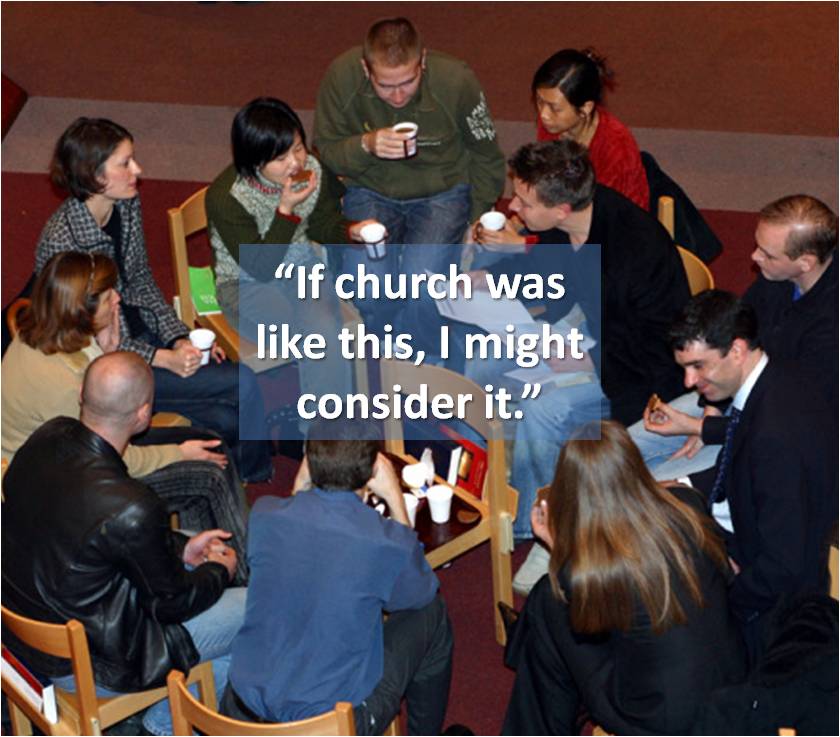8 Characteristics of Disciple-Making Relationships
 Growing relationships are an essential component of discipleship in the church. Without relational depth, discipleship suffers.
Growing relationships are an essential component of discipleship in the church. Without relational depth, discipleship suffers.
In this blog, I will describe eight characteristics of effective disciple-making relationships within a larger community.
1. Transparency
In a transparent community, people are open and real with one another. They share successes and struggles. They’re not afraid to deal with tough questions. In fact, when this kind of transparency exists in a church, young people are much more likely to stick with the church as they move into adulthood (see blog on the Hemorrhaging Faith Study).
2. Investment
Developing deep relationships requires a significant investment of time and energy. Are we willing to carve out this space in our busy lives? Of course, maintaining meaningful relationships takes time and effort, as well. When we get close to people, we enter their world—a complex and sometimes messy place. Living in those spaces requires commitment!
For several years, my family participated in missional communities that met in homes. Some people called them "simple church." Yet, we discovered that even though the structure was simple, the life-on-life discipleship that took place was far from simple. However, the Jesus-followers in effective disciple-making communities are willing to invest deeply in one another's lives.
3. Levity
When we laugh and enjoy one another, we are in a much better position to go deeper with one another. Levity is the gateway to and moderator of the intensity that is often required for deep discipleship.
4. Intensity
We want to have fun together, but we also need a certain amount of intensity that will position us to press more deeply into one another’s lives. For example, if someone is struggling with a particular temptation, we would want to provide the necessary support and accountability.
5. Prayerfulness


 We were about halfway through the Alpha Course. As discussion leaders, we had gotten to know those in our small group quite well over the six weeks we had been meeting together. One of the people in our group was very skeptical about Christianity. I wasn’t sure why she kept coming, but I was glad that she persisted. As we were talking about the church that night, this woman looked around the group at each group member and said, “If church was like this, I might consider it.”
We were about halfway through the Alpha Course. As discussion leaders, we had gotten to know those in our small group quite well over the six weeks we had been meeting together. One of the people in our group was very skeptical about Christianity. I wasn’t sure why she kept coming, but I was glad that she persisted. As we were talking about the church that night, this woman looked around the group at each group member and said, “If church was like this, I might consider it.”